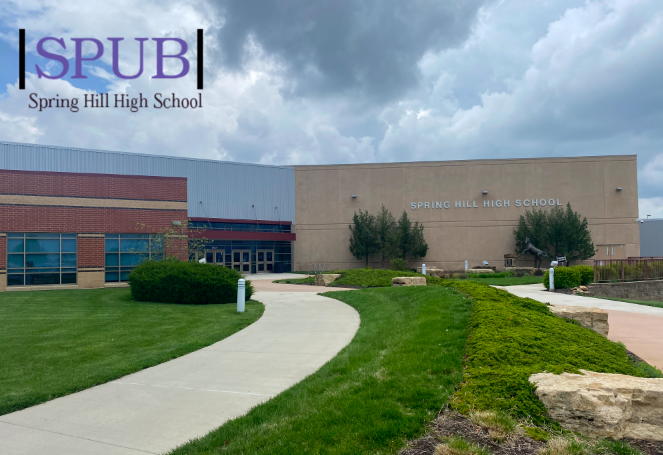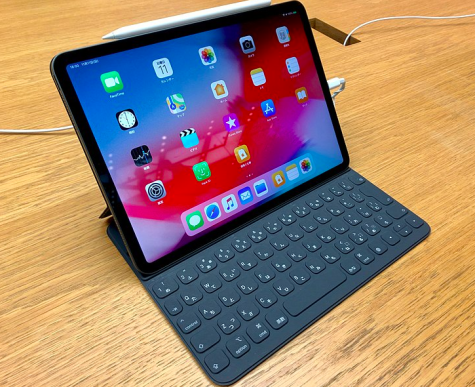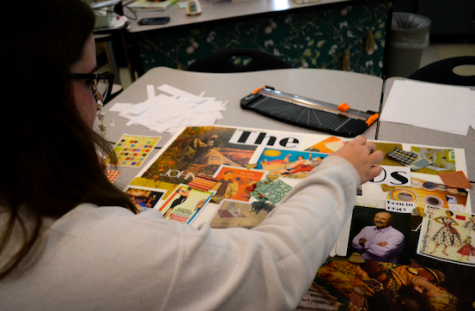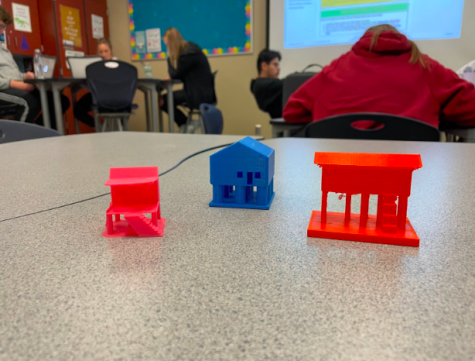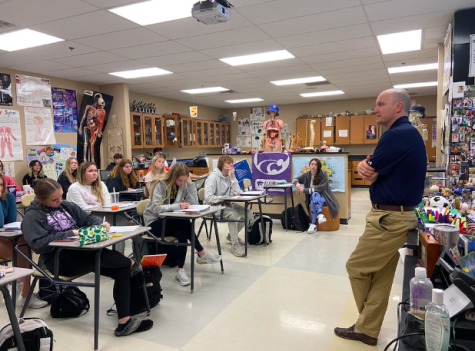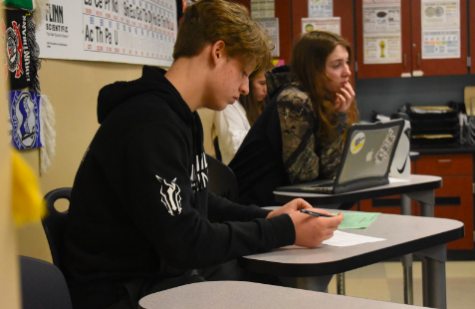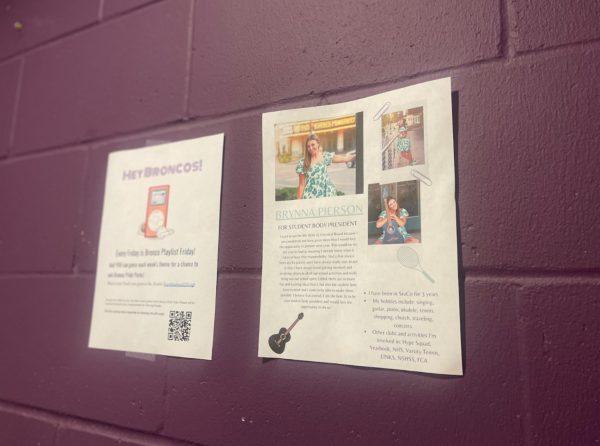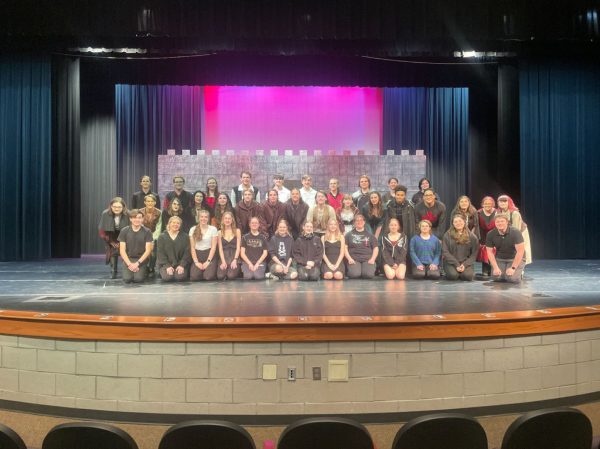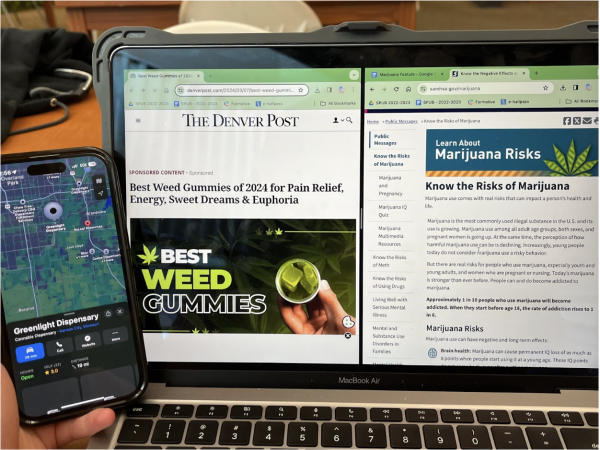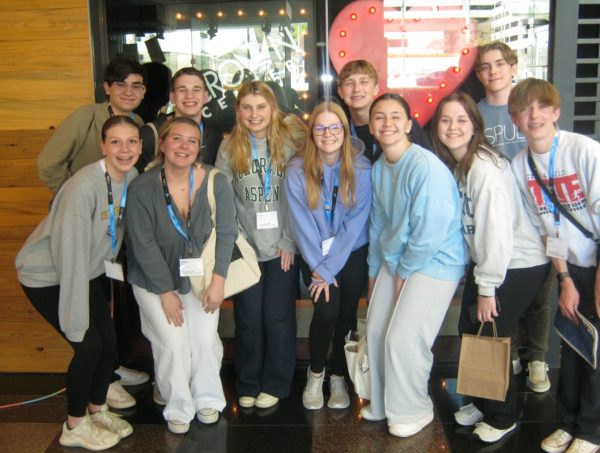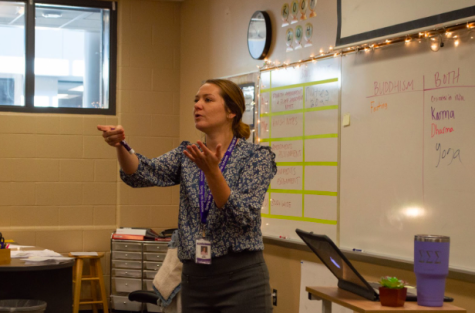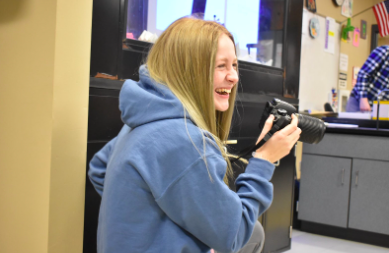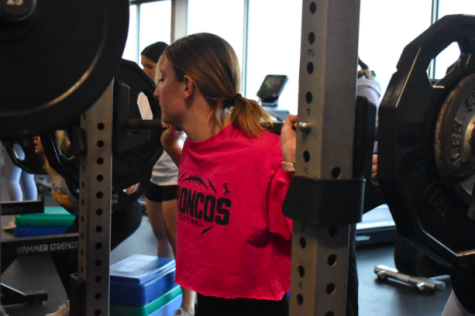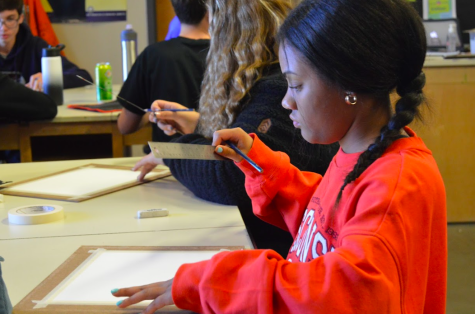The Purpose of PLC
PLC days were instituted district-wide last year. They were a good way for students to get extra sleep, catch up on work, or get help from teachers. This year, PLC days didn’t happen primarily because of the school year starting later than planned due to COVID. Next year, if they occur, PLC days should run smoother since the problems have been figured out after the first trial year.
Students used PLC for personal benefits, while teachers hoped to use the data to improve their instruction in the classroom. However, that goal could not be achieved.
“We haven’t been able to get there because last year was year one of PLC and all we were doing last year was deciding what’s important for us to measure,” Gissel McDonald, instructional coach, said.
Changes being made within PLC days shouldn’t affect the students, but there will be changes for the teachers.
“I don’t think it’s going to affect students much. The teachers were last year working on deciding what the essential standards that need to be taught in a class [are]. We would compare all the state standards and the stuff we teach and make sure we are aligning with the same standards,” McDonald said.
Teachers are going to use data collected from previous years to better their teaching.
“If [teachers] give a quiz, we are going to encourage [them] to use the results of that quiz to help them make tweaks to how they teach after that quiz. That’s the whole heart of PLCs. That’s what PLCs are all about. It’s all about making instructional decisions in the classroom based on that data you collect,” McDonald said.
If one teacher excels where another doesn’t, they can help each other out.
“If I realize that Mrs. McDonald’s chemistry kids are really stinking at this lesson, where Mr. Lundy’s chemistry kids aren’t, the whole goal is for Mrs. McDonald to say ‘What are you doing? Why are your kids getting it so much better than mine?’ Not in a competitive way, but in a way that can help each other become better teachers and better instructors so that students can do better,” McDonald said.
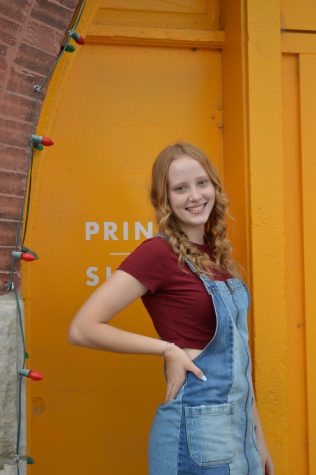
Hey! My name is Lily Haney and I’m going to be a senior this year. It will be my third year in SPUB. I am the Online editor in chief of our Stampede...


